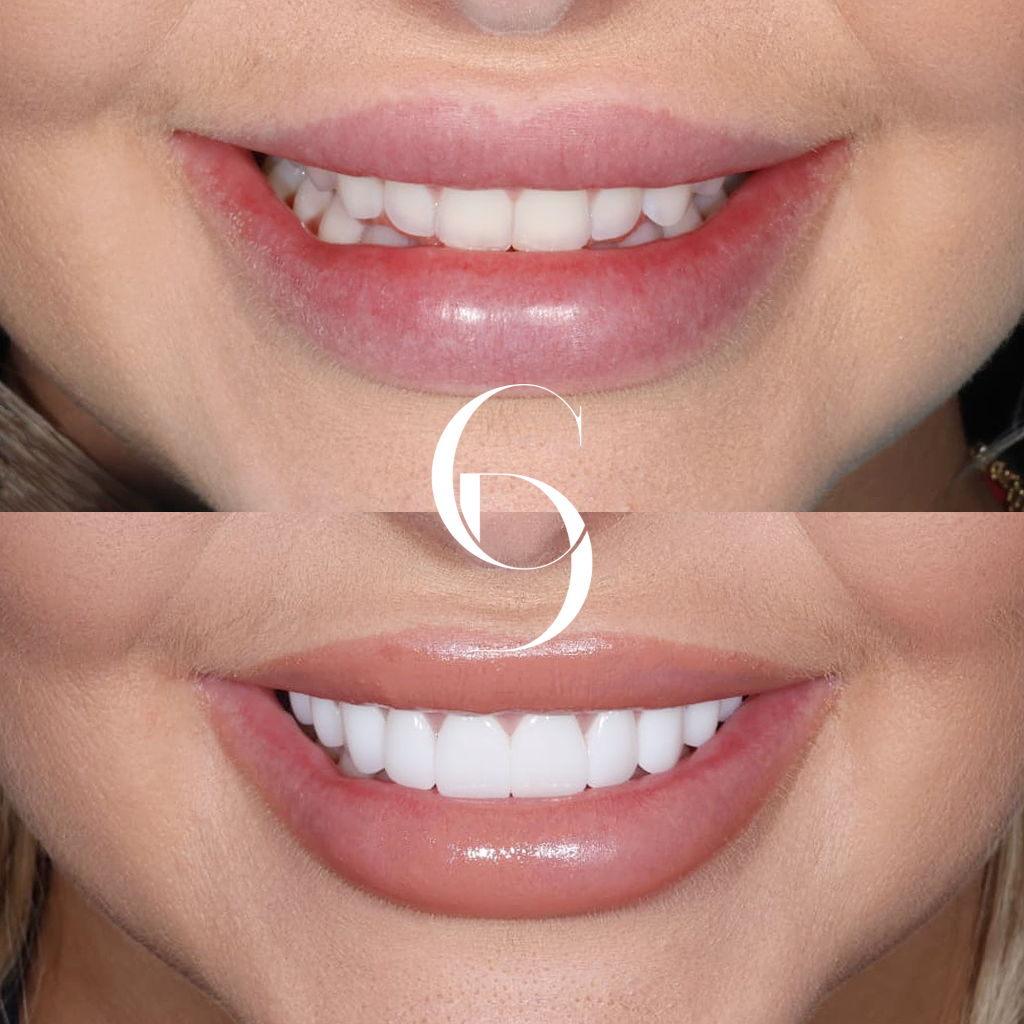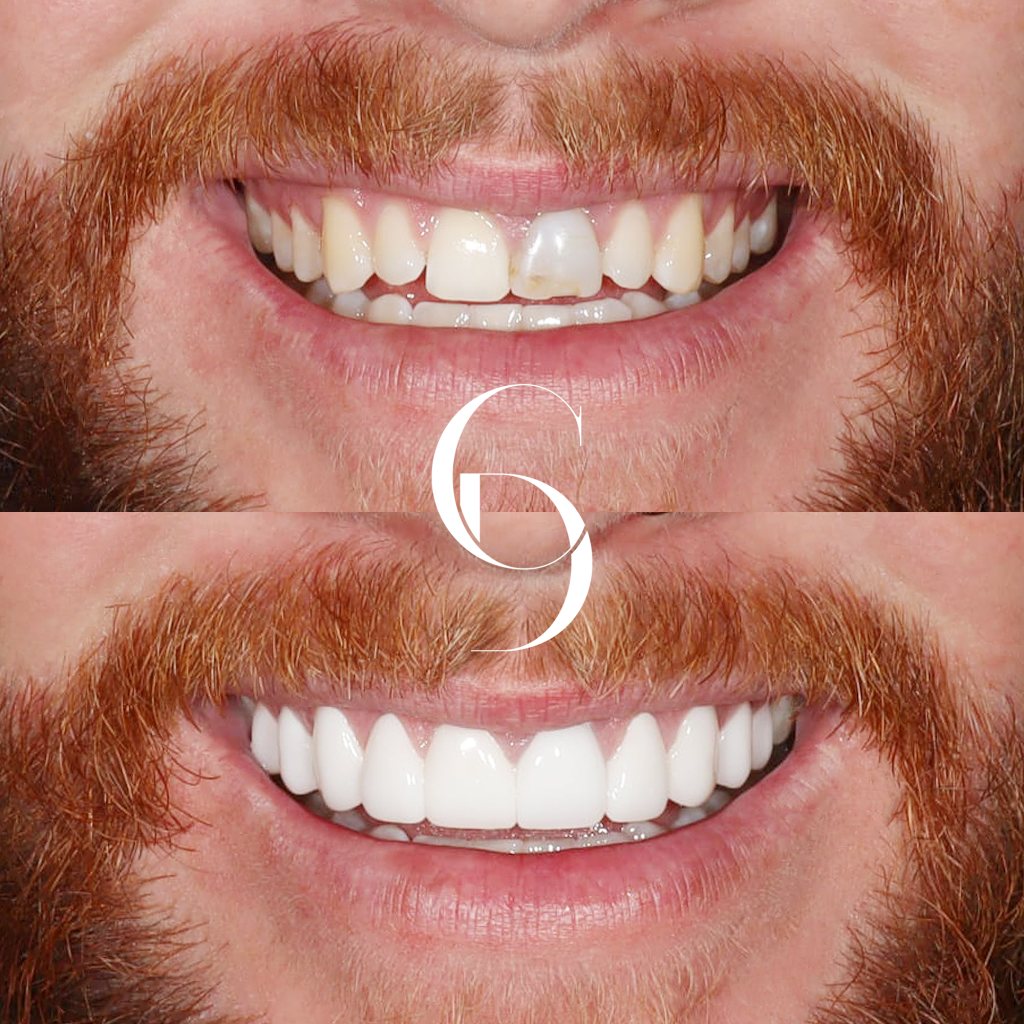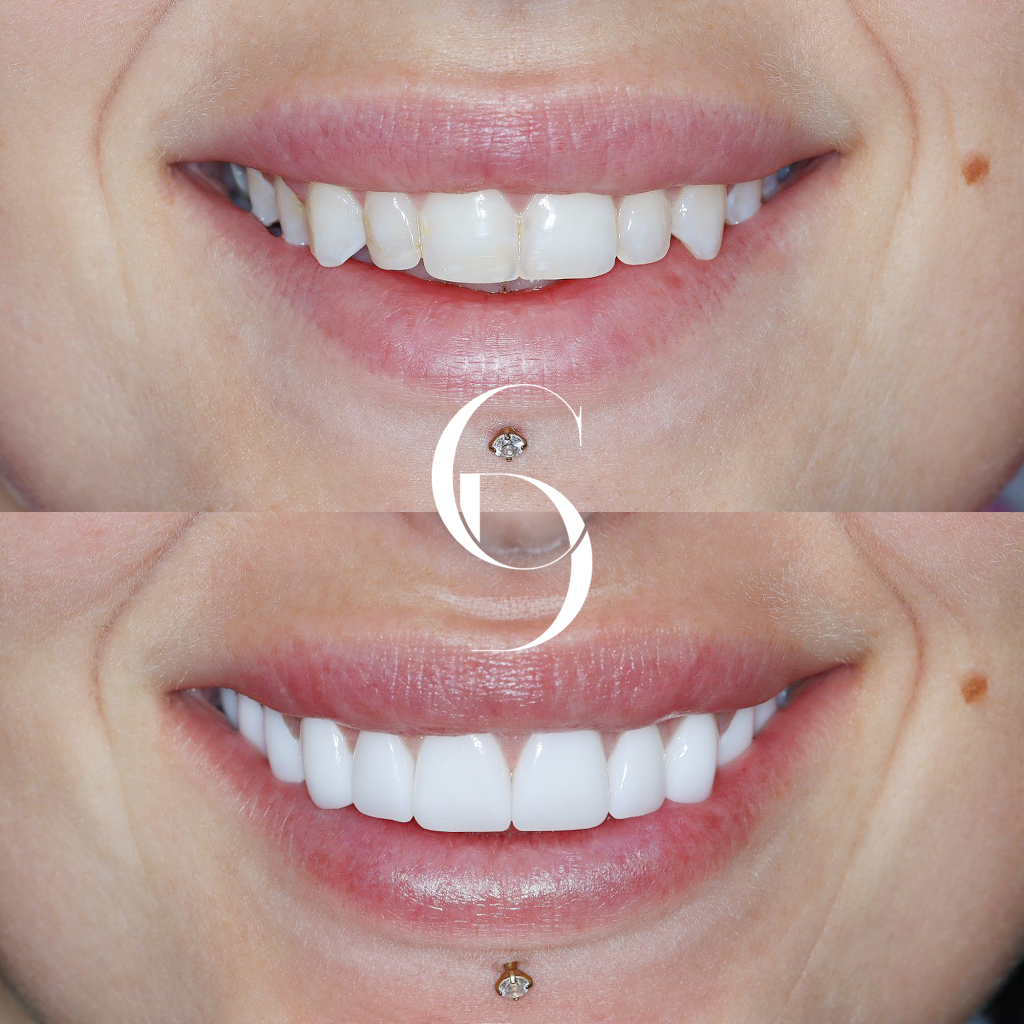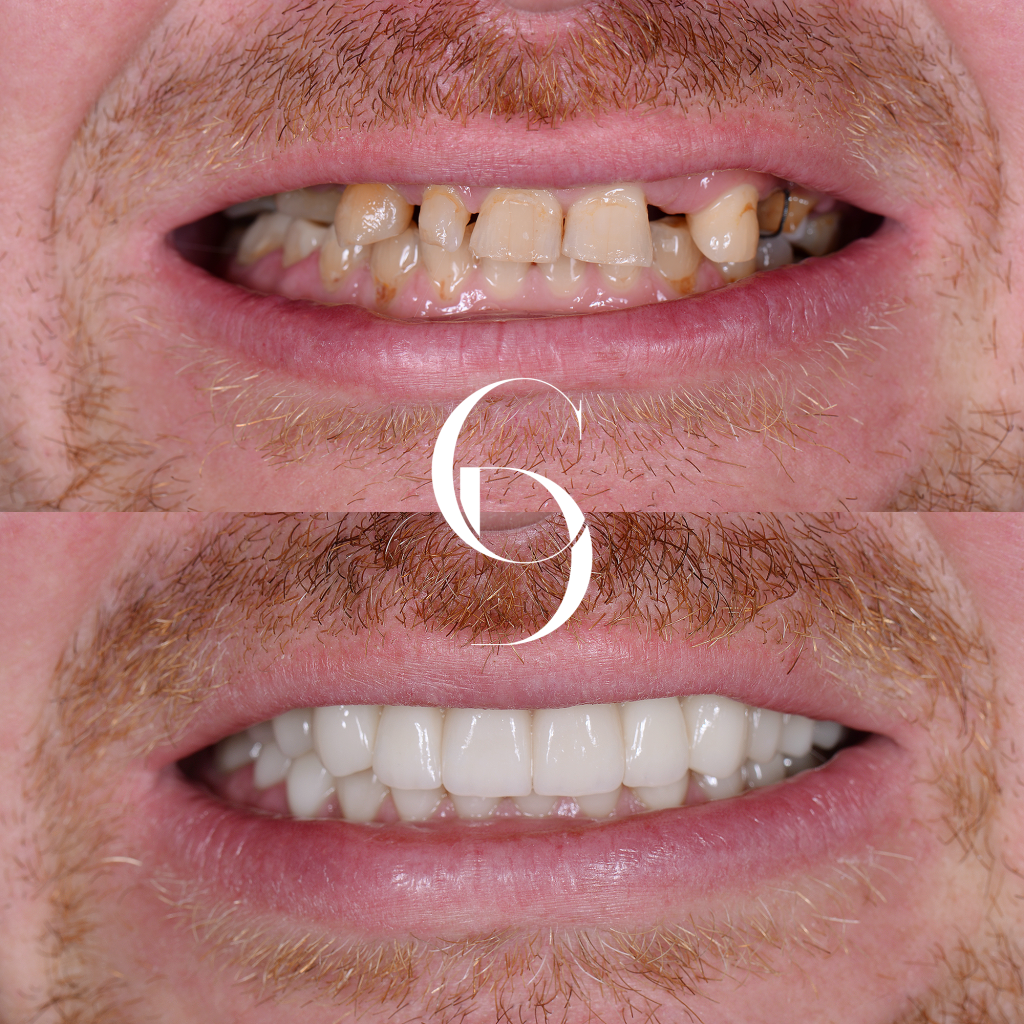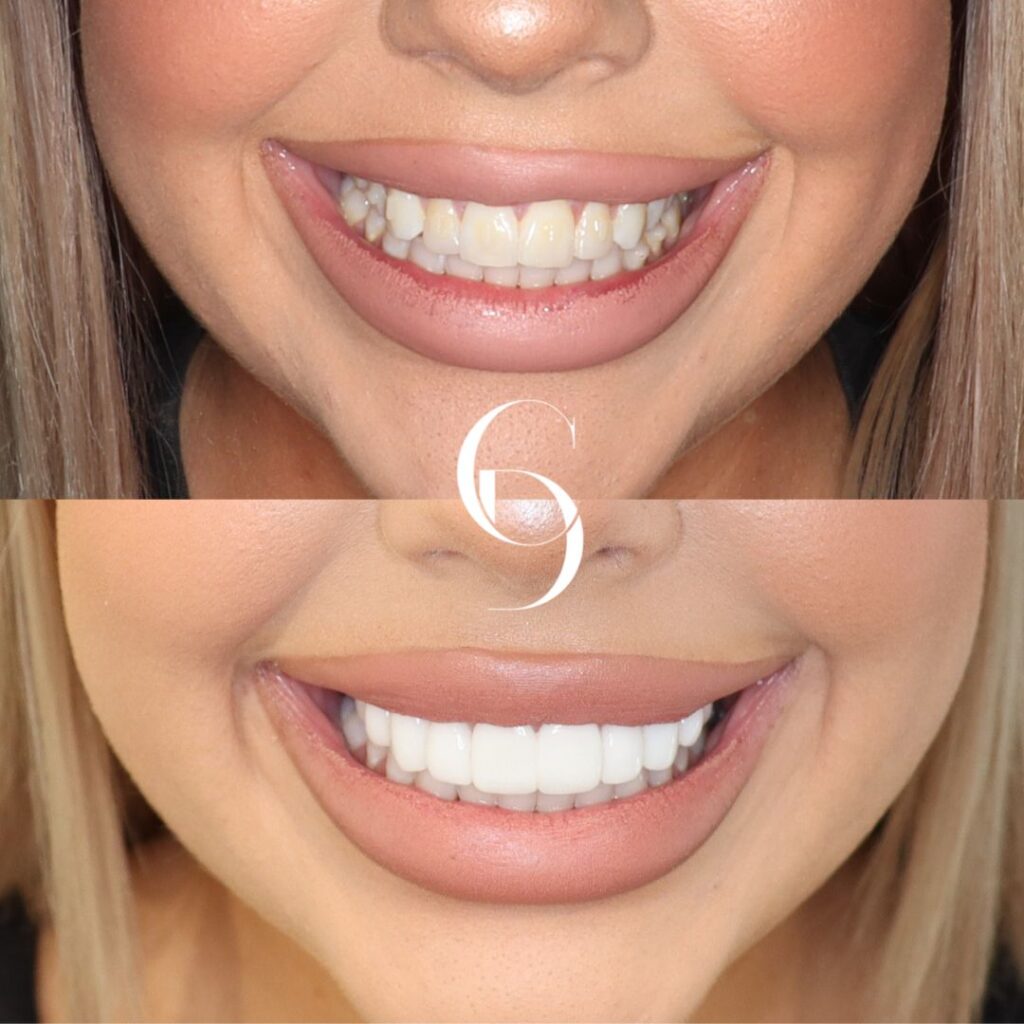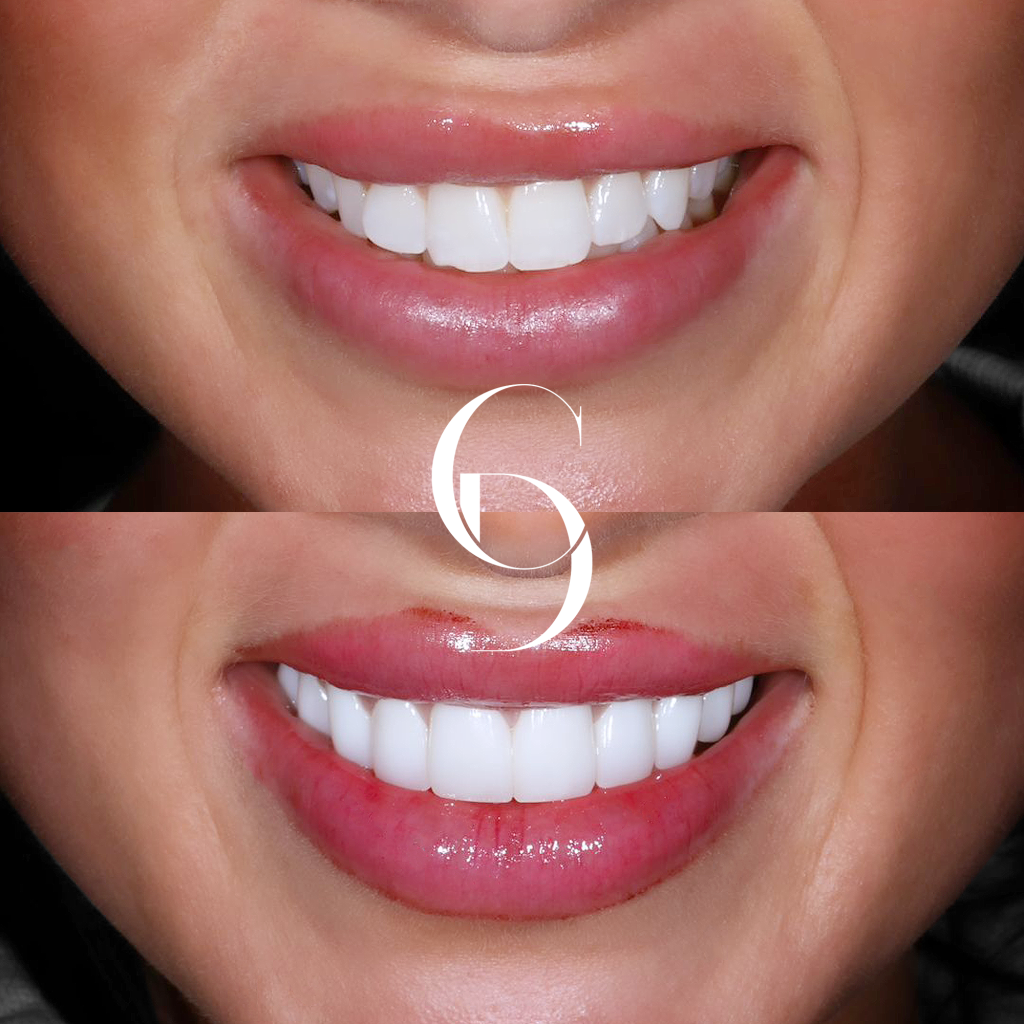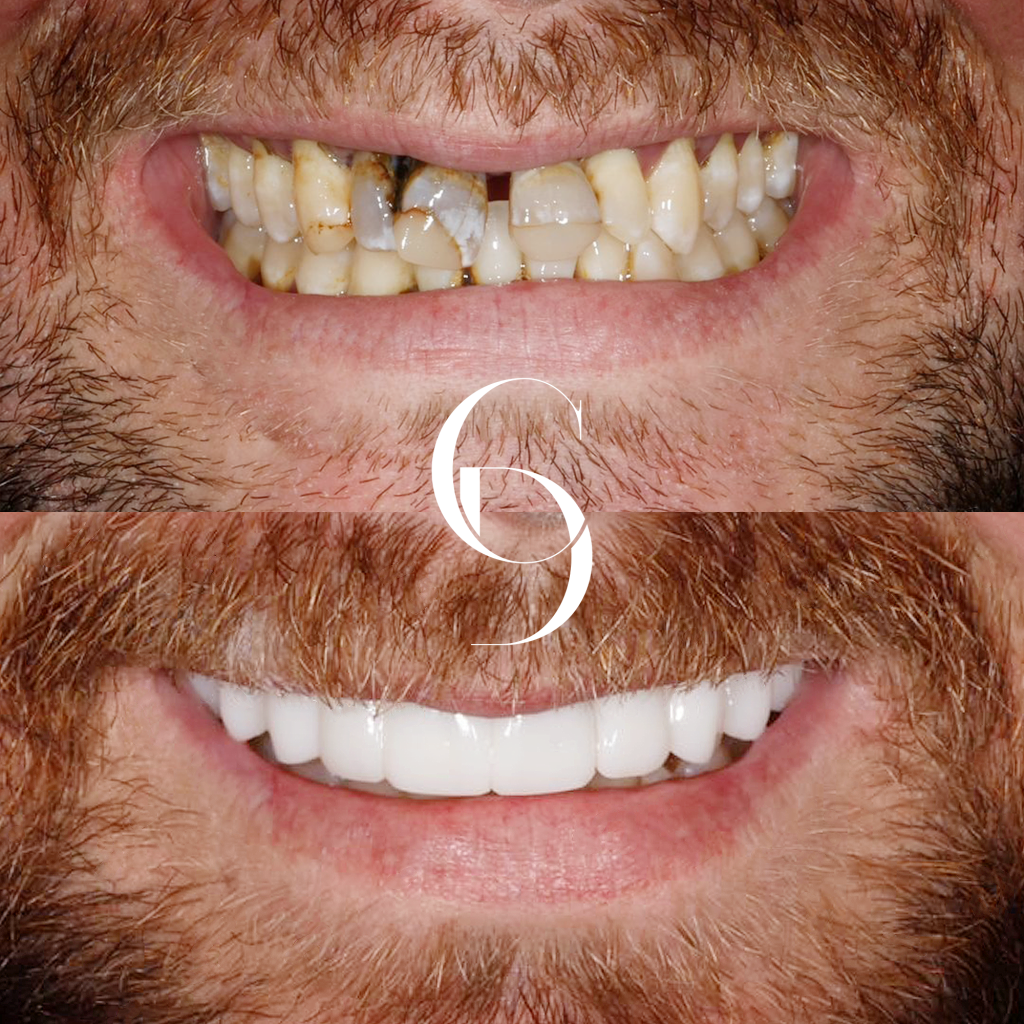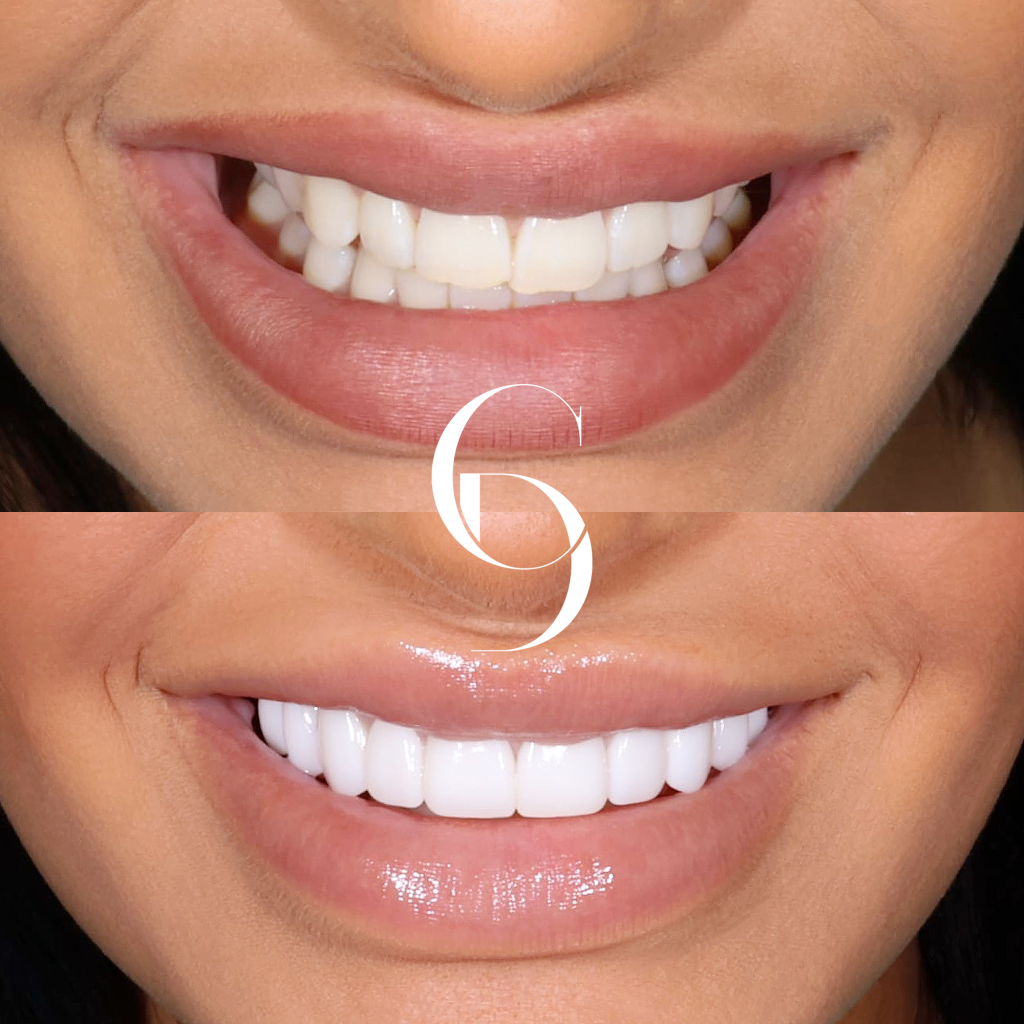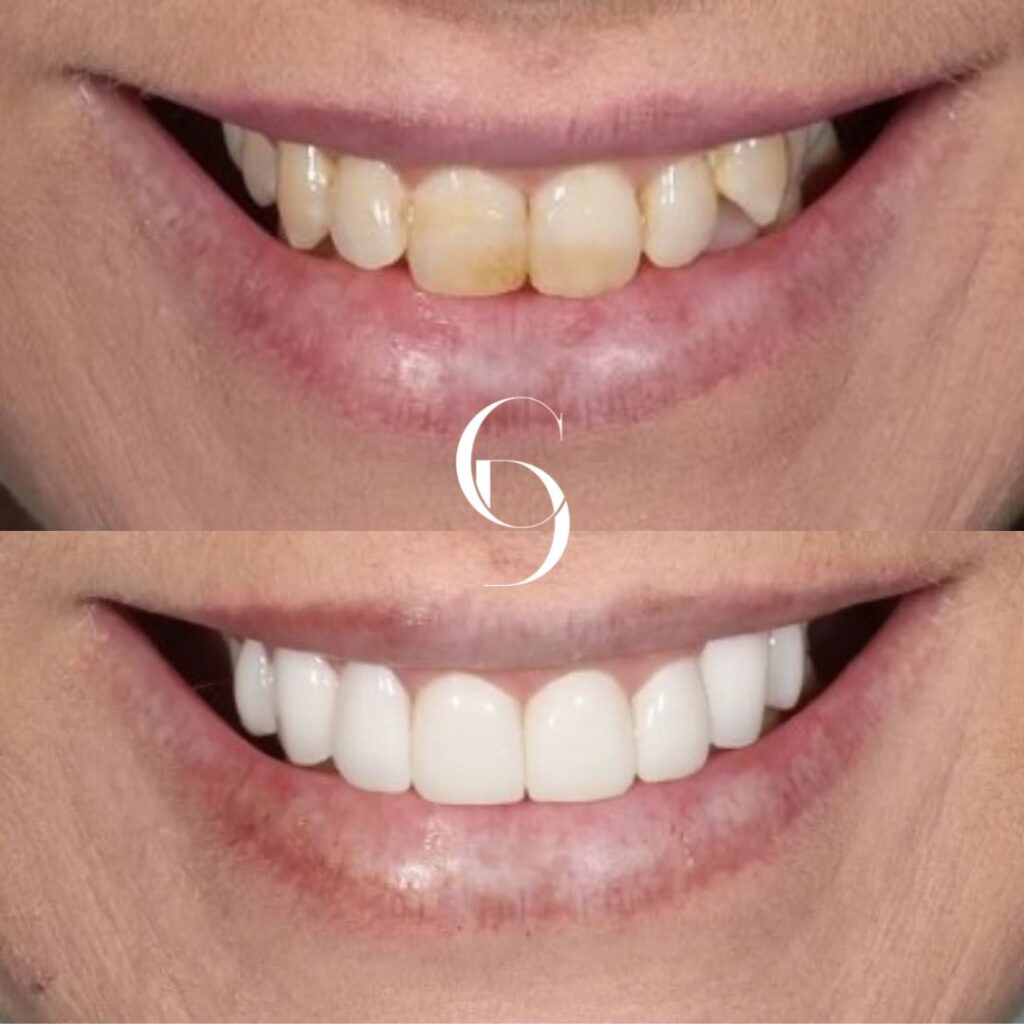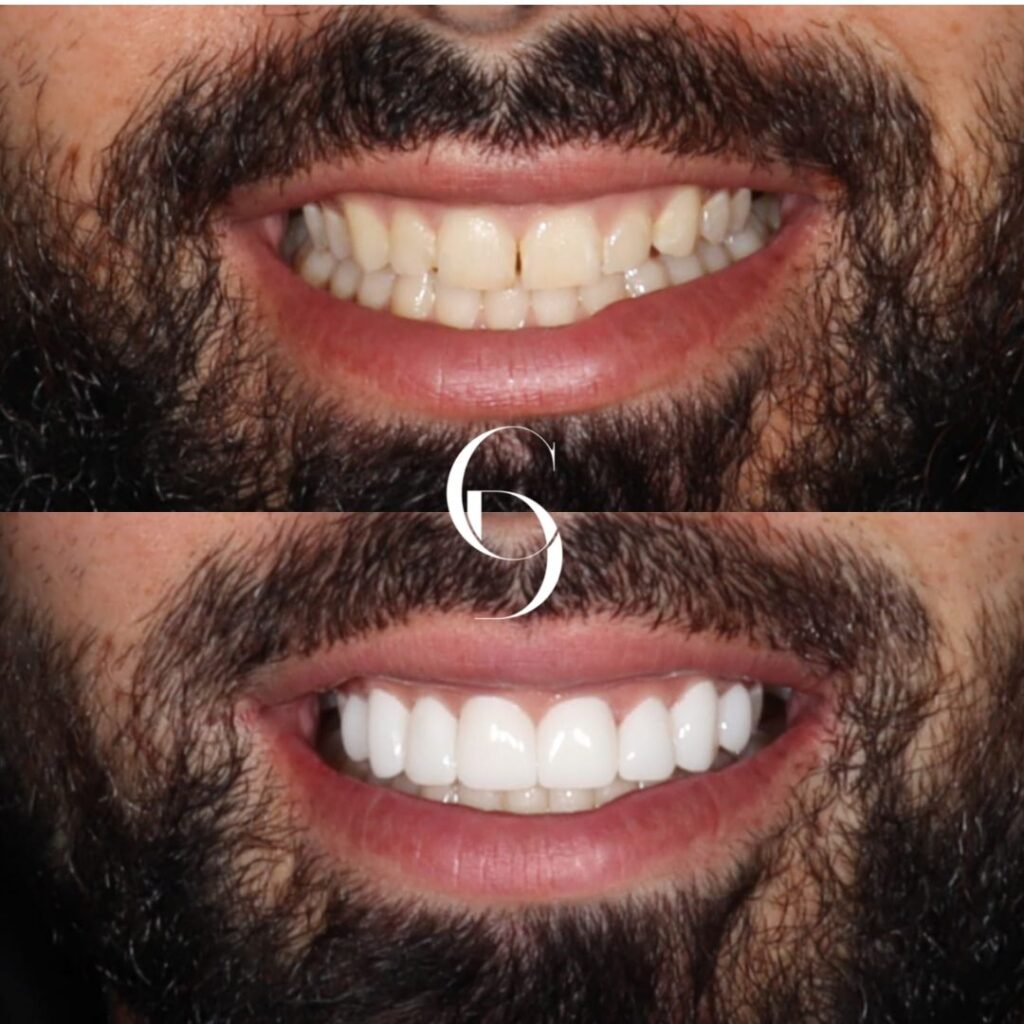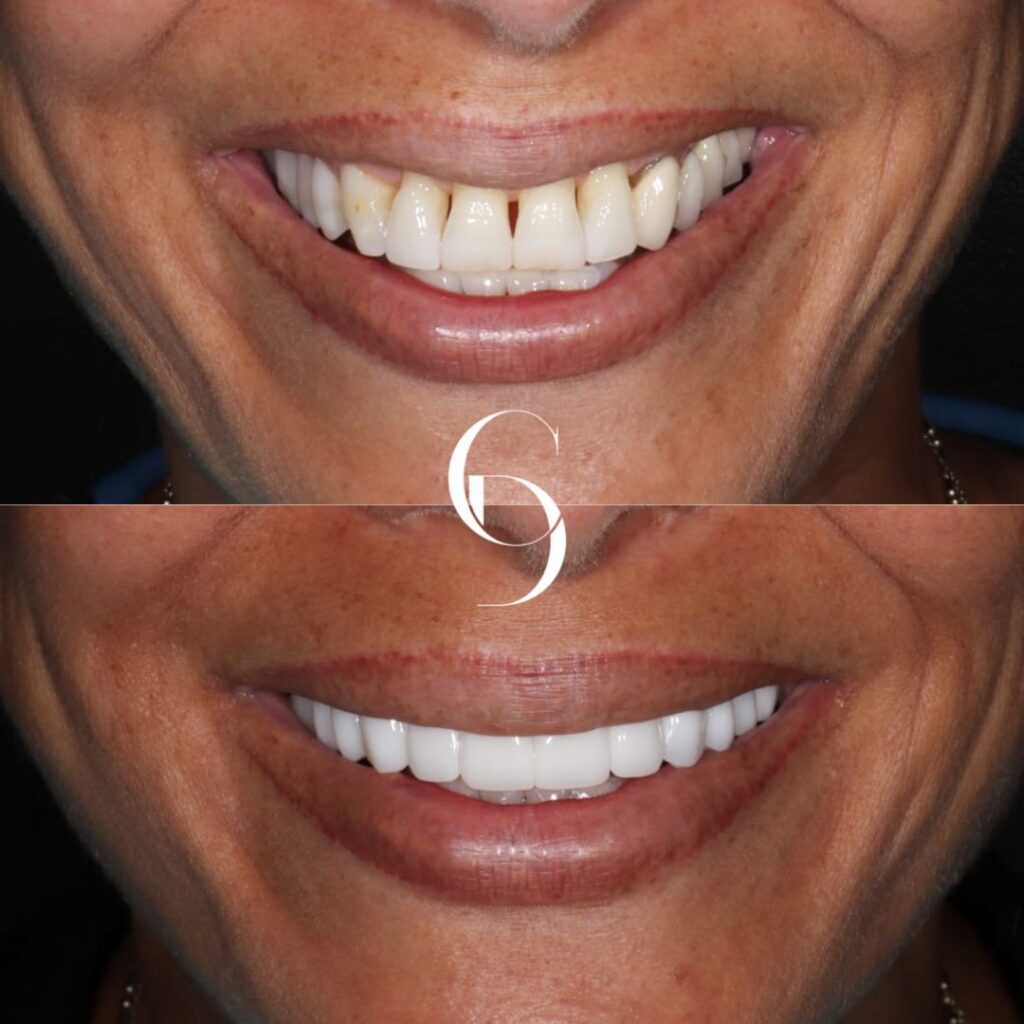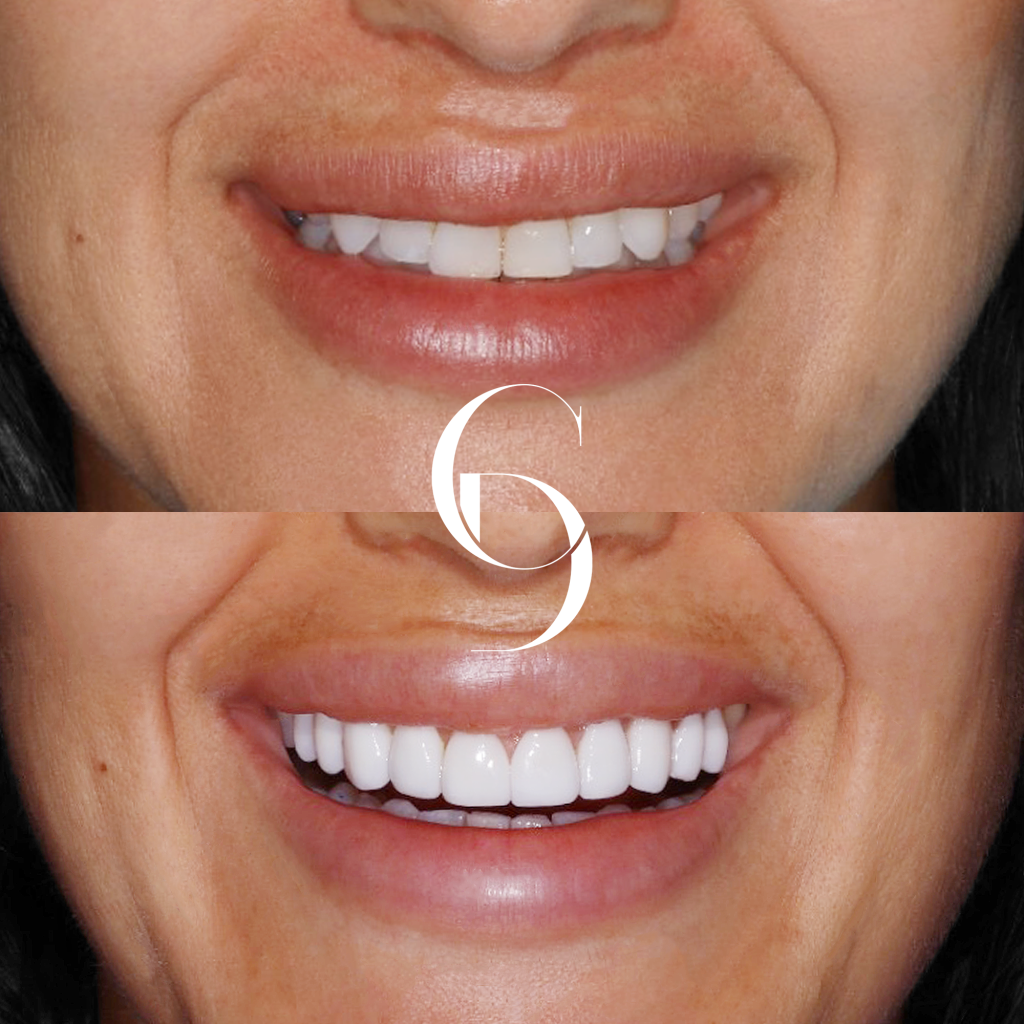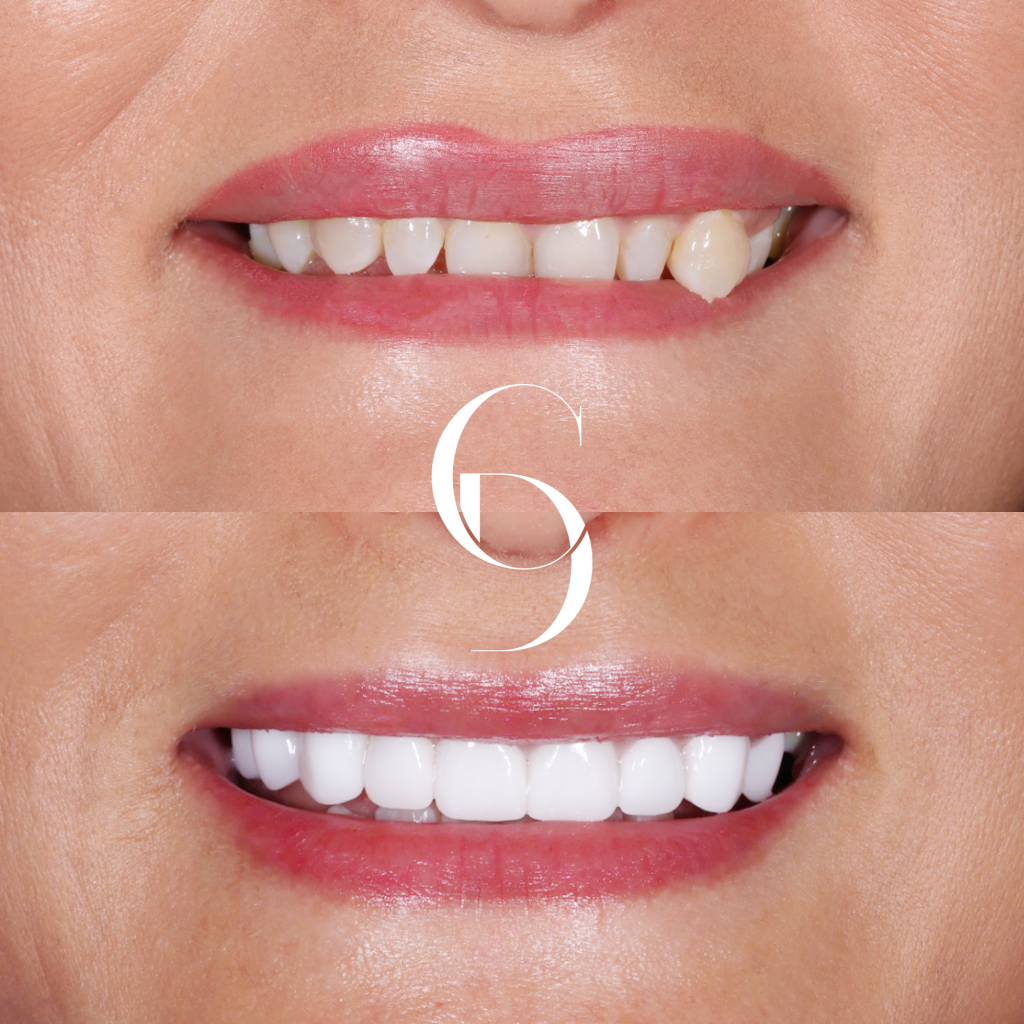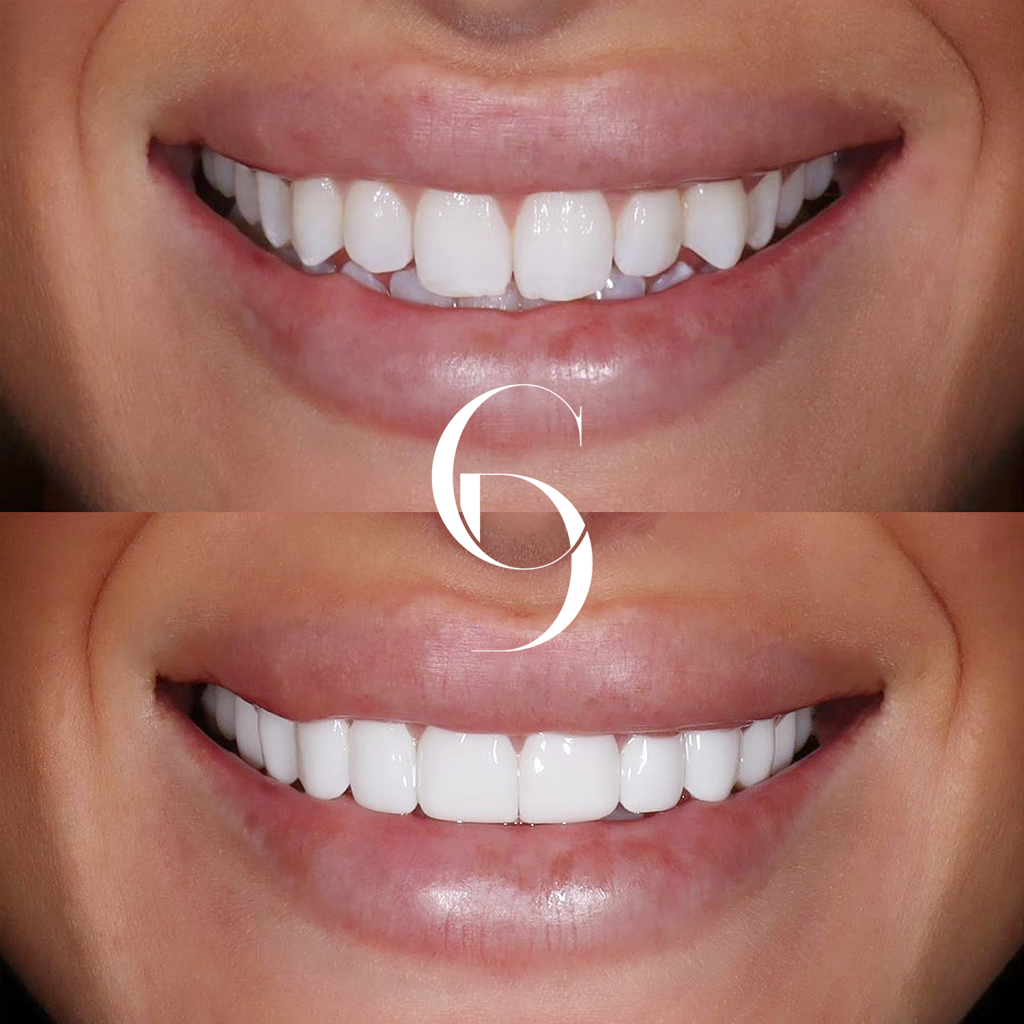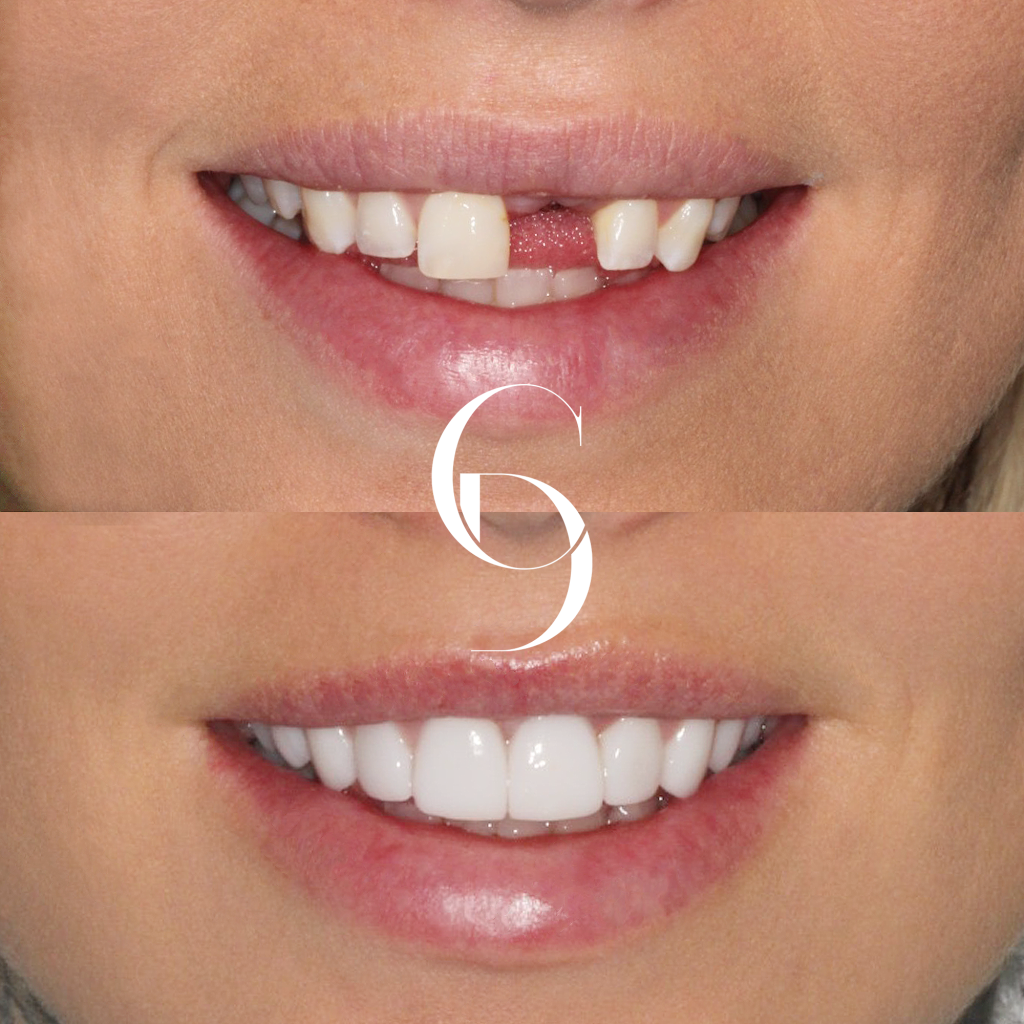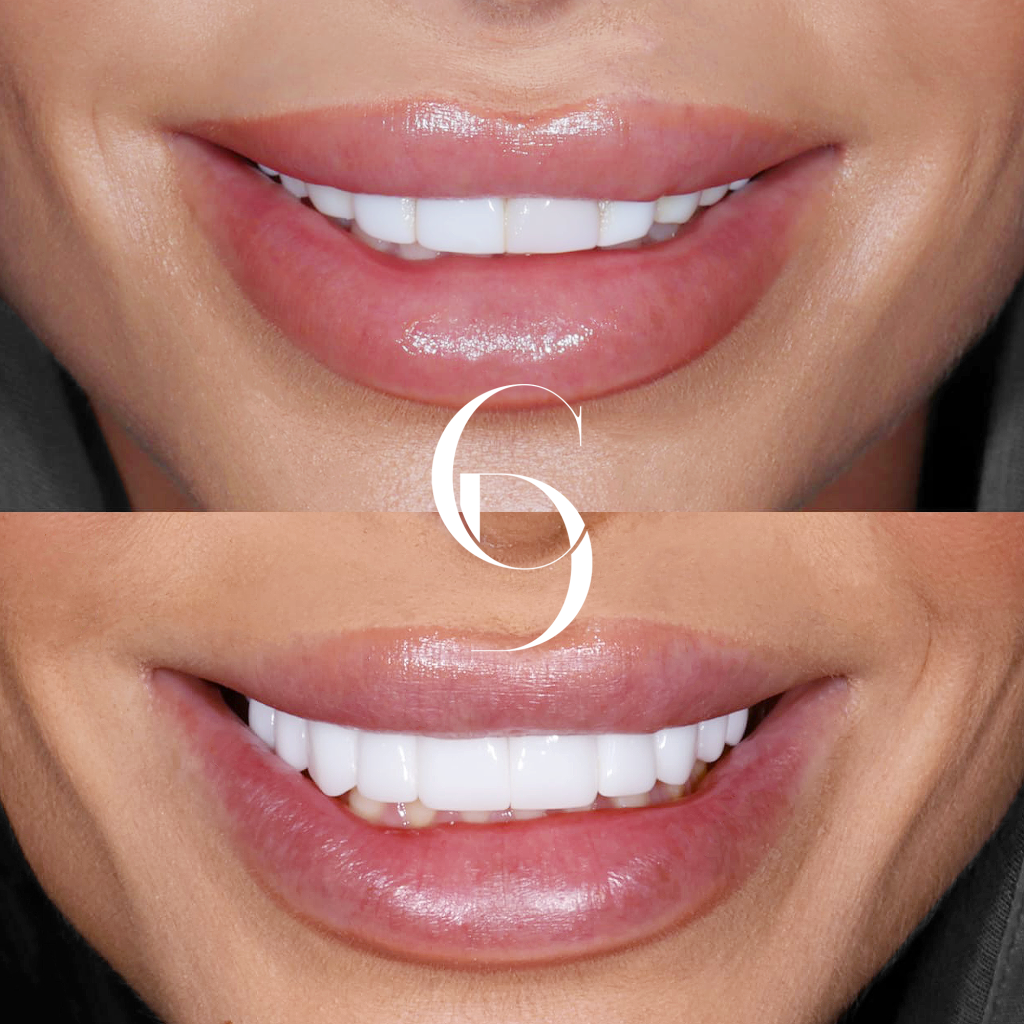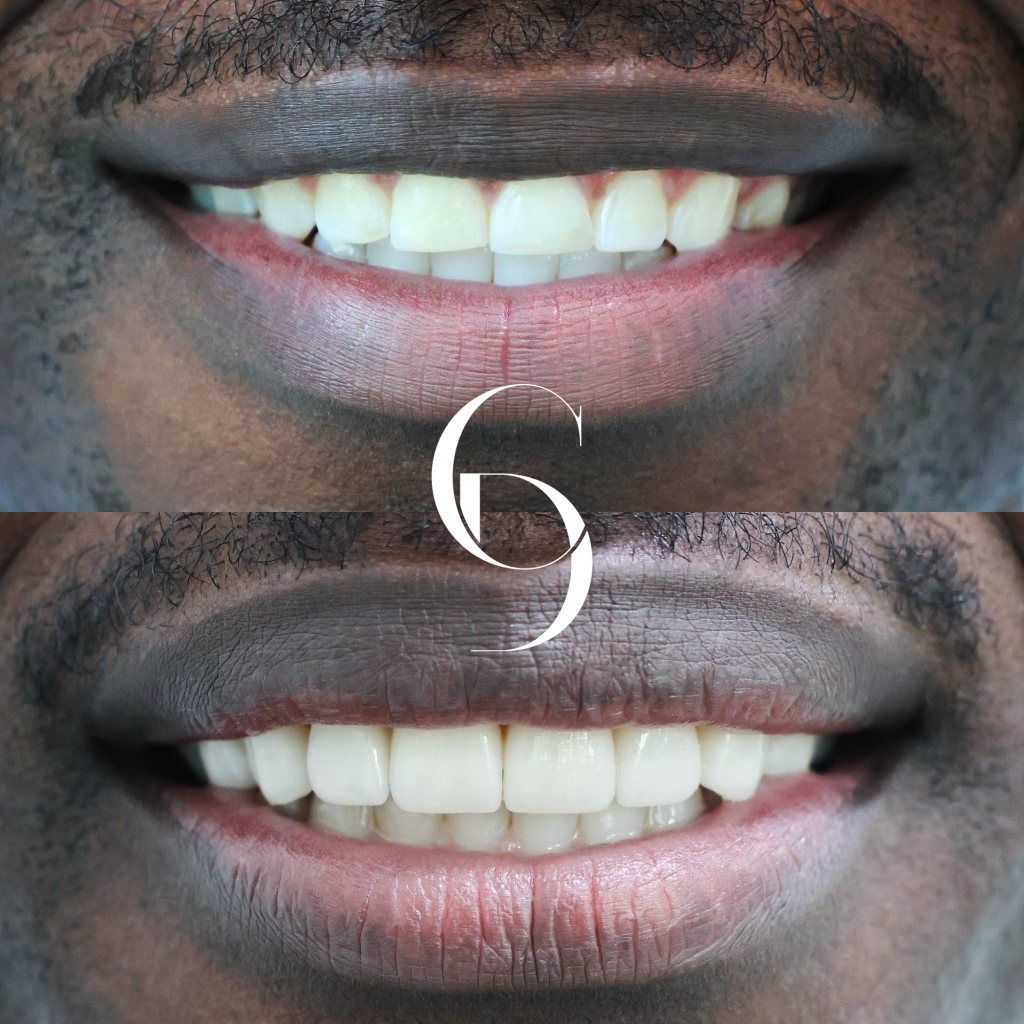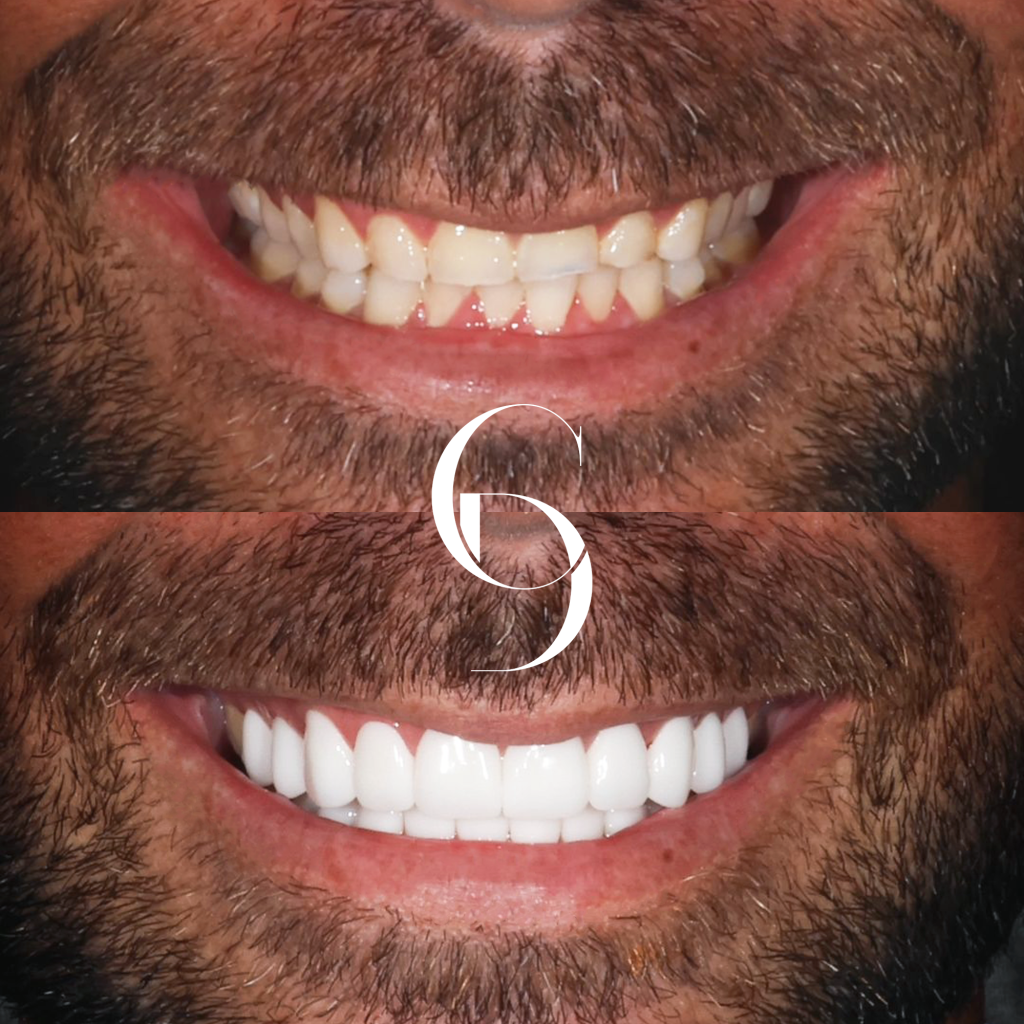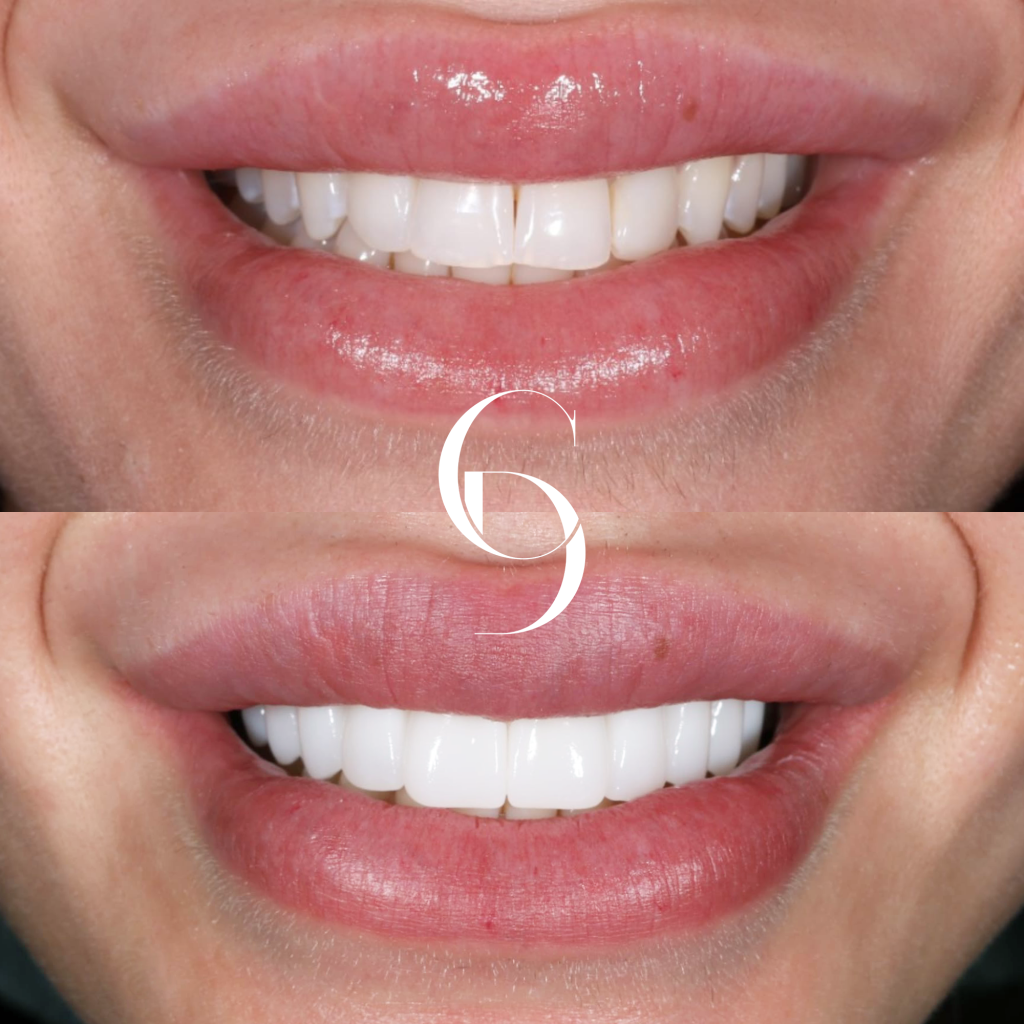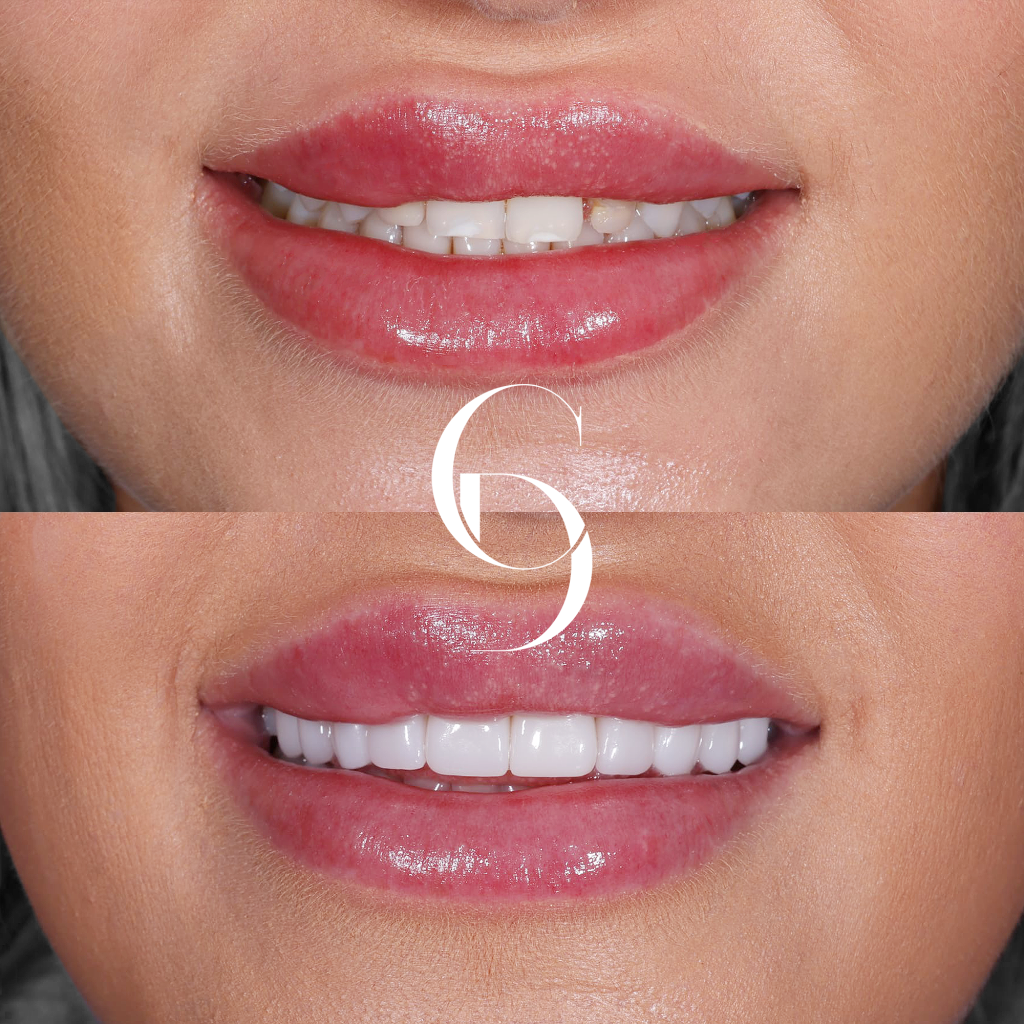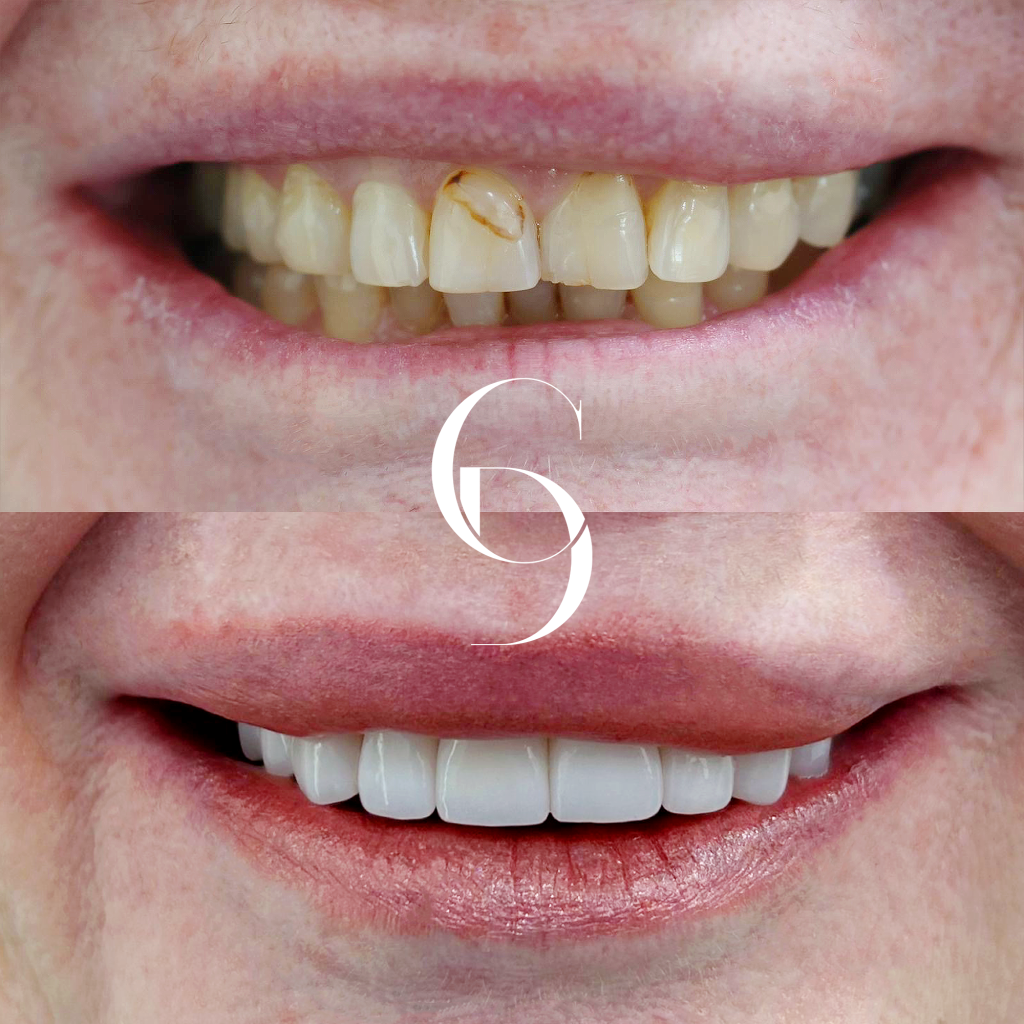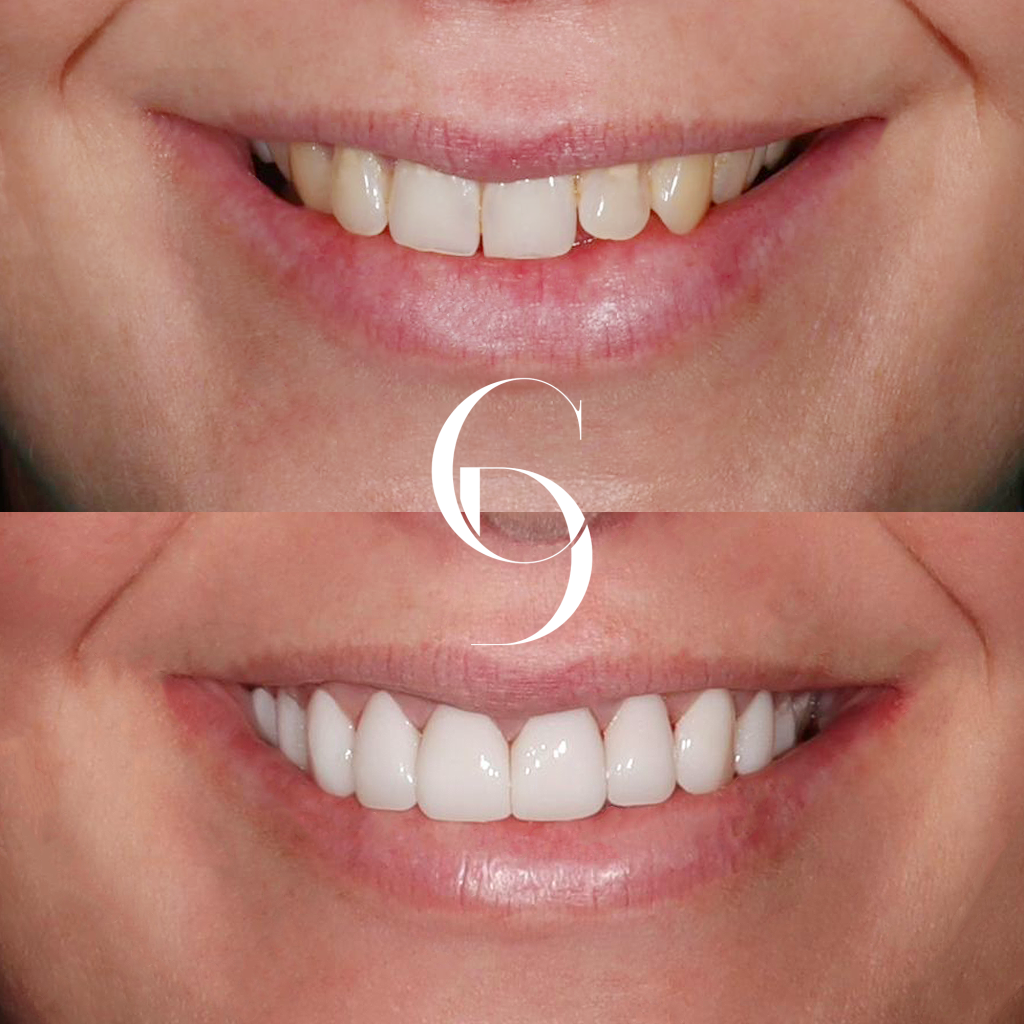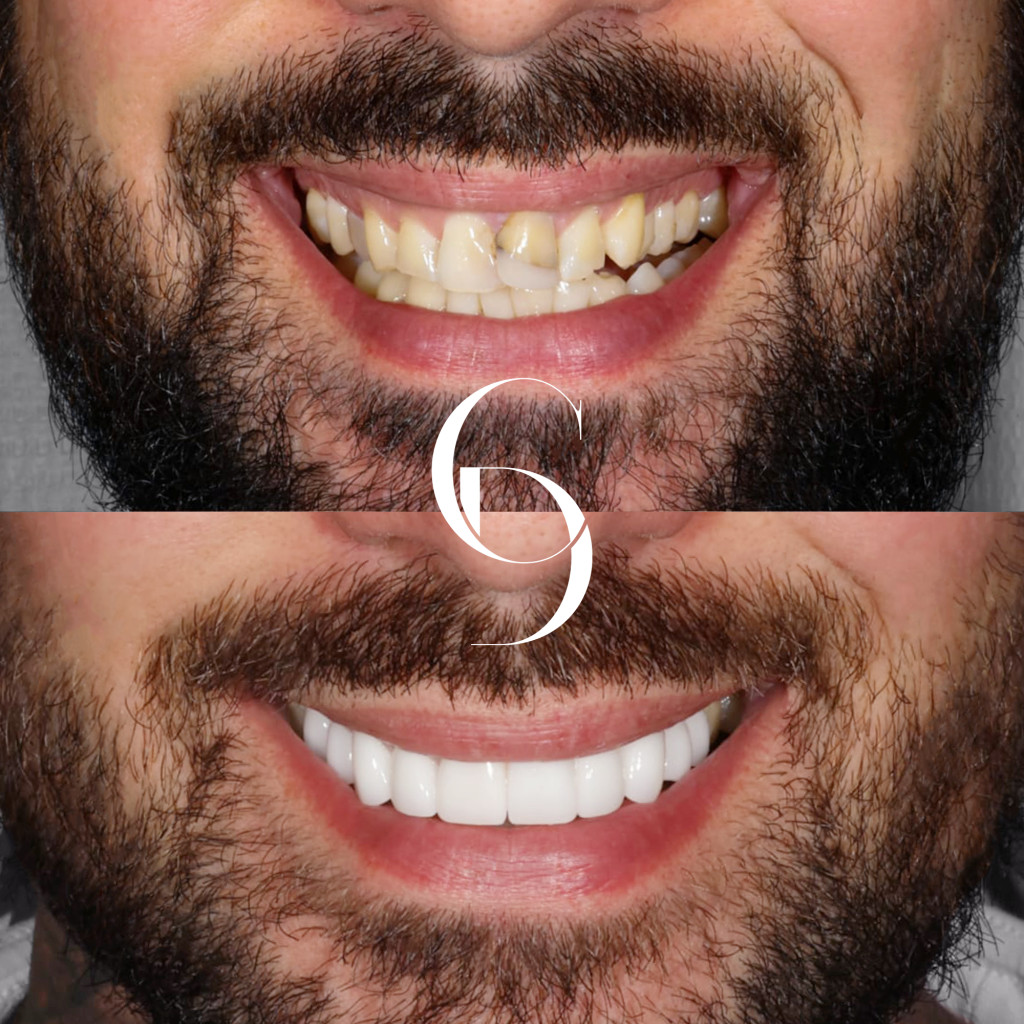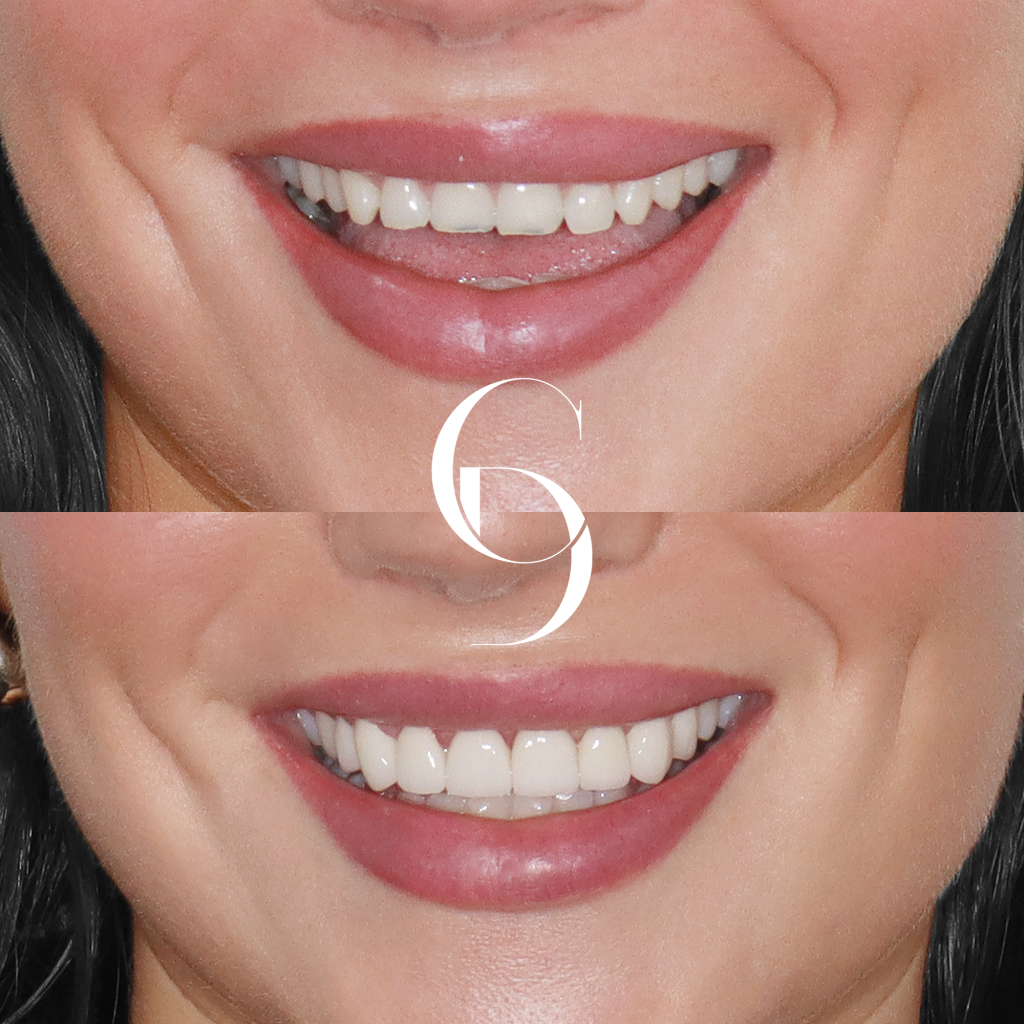Achieving a radiant smile often involves exploring cosmetic dentistry options, and veneers emerge as a popular choice. Dental veneers, thin shells applied to the front of teeth, offer a transformative solution, concealing imperfections like chips, stains, discolouration, and gaps. While veneers are renowned for their durability, their longevity can be influenced by factors such as oral hygiene practices, dietary habits, and the level of care provided. So, as individuals consider this cosmetic treatment, the critical aspect of durability and longevity takes centre stage, as it is a major investment.
- Are they durable enough?
- How much maintenance do they need?
A lot of questions may arise. But don’t worry. This blog has answers to all of them, from maintenance to durability. Let’s begin.
Long-Term Results of Veneers – What To Expect
Dental veneers, whether porcelain or composite resin, are not considered permanent solutions, yet they offer lasting durability. On average, porcelain veneers can endure 10 to 20 years and, in some cases, even longer with proper care. In contrast, composite veneers generally last 5 to 10 years. Lifespan hinges on individual factors such as oral hygiene, lifestyle choices, and the quality of materials.
The irreversible enamel removal process during veneer application highlights the commitment to maintenance. These cosmetic enhancements substantially invest in dental health and aesthetics, delivering a decade or more of functional and visually pleasing results with diligent care. So, while not a permanent solution, veneers can last extraordinarily long, especially with regular check-ups and adherence to dental professional guidance.
Factors Affecting Their Durability
Dental Hygiene Practices
Poor oral hygiene that may happen due to the use of harsh teeth cleaning products, gum diseases or extensive tooth decay can harm the quality of your veneers.
Lifestyle Choices
Habits like teeth grinding, biting hard objects, smoking, and excessive consumption of staining substances can impact veneer lifespan. These habits increase the risk of chips, fractures, and discolouration.
Proper Tooth Preparation
The quality of tooth preparation before veneer placement is critical. Minimal enamel reduction during this process preserves the natural tooth structure, ensuring a strong bonding surface for the veneers. Without preparation, you may also experience fit issues, tooth sensitivity, a bulky experience, and, eventually, durability issues.
Material Quality
The choice of materials, whether high-quality ceramics or composite resin, significantly influences the durability of veneers. Low-quality materials may not mimic the natural appearance of teeth effectively. Veneers are designed to enhance the aesthetics of a smile by providing a natural and attractive look. If the materials are subpar, the veneers may look artificial, discolour over time, or fail to match the surrounding natural teeth.
The bonding of veneers to the natural teeth is a critical aspect of the procedure. If the materials used are of poor quality, they may also not bond well with the tooth surface, leading to issues such as debonding or detachment of the veneers.
Dietary Considerations
Veneers are strong, but they are not indestructible. Chewing on hard objects, such as ice, pens, or hard candies, can potentially damage or chip the veneers. Also, while veneers are resistant to staining, certain foods and drinks can still cause discolouration over time. Therefore, it is advisable to avoid excessive consumption of highly pigmented items like coffee, tea, red wine, and dark-coloured foods.
Maintenance Tips For Longevity of Veneers
Here’s how you maintain them to make them as long as possible:
Brushing and Flossing Techniques:
- Soft-bristle Toothbrush: Use a soft-bristle toothbrush to avoid abrasive veneer damage.
- Gentle Circular Motion: Brush in a circular motion, paying extra attention to the gum line.
- Floss Daily: Floss between natural teeth and veneers to remove plaque and debris.
Recommended Toothpaste and Mouthwash:
- Consult Your Dentist: Seek guidance from your dentist for the best toothpaste and mouthwash suitable for veneer care.
- Non-Abrasive Products: Use non-abrasive products without harsh chemicals to maintain the integrity and colour of your veneers.
Staining Substances:
- Limit Consumption: Reduce the intake of staining substances like coffee, tea, red wine, and tobacco.
- Rinse After Indulging: If you consume these substances, rinse your mouth with water afterwards to minimize the potential for discolouration.
Mouthguard for Physical Activities:
- Protection During Sports: If you engage in physical activities with a risk of impact or falls, consider wearing a mouthguard to protect your veneers from damage.
Visit Your Dentist Regularly:
- Routine Check-ups: Schedule regular check-ups with your dentist every six months or as recommended. Contact your dentist promptly if you experience discomfort or sensitivity or notice changes in the appearance of your veneers for early intervention.
- Professional Cleanings: During dental visits, your dentist can assess veneer condition, perform professional cleanings, and address concerns.
Practice Caution with Hard Foods:
- Avoid Certain Foods: Exercise caution when consuming hard or crunchy foods to prevent potential veneer damage.
- Cut into Smaller Pieces: Cut tricky or sticky foods into smaller, more manageable pieces to minimize the risk of fractures or chips.
Protect Against Teeth Grinding:
- Night Guard: If you grind your teeth, especially at night, discuss with your dentist the possibility of using a custom-made night guard to protect your veneers.
Conclusion
The decision to invest in dental veneers is a significant step towards achieving a dazzling, confident smile. Whether opting for extremely long-lasting porcelain veneers or more affordable yet resilient composite veneers, understanding and committing to their proper maintenance is super important for prolonged longevity.
Ultimately, a commitment to conscientious care and a partnership with a trusted dentist will help navigate the journey of veneer longevity.

